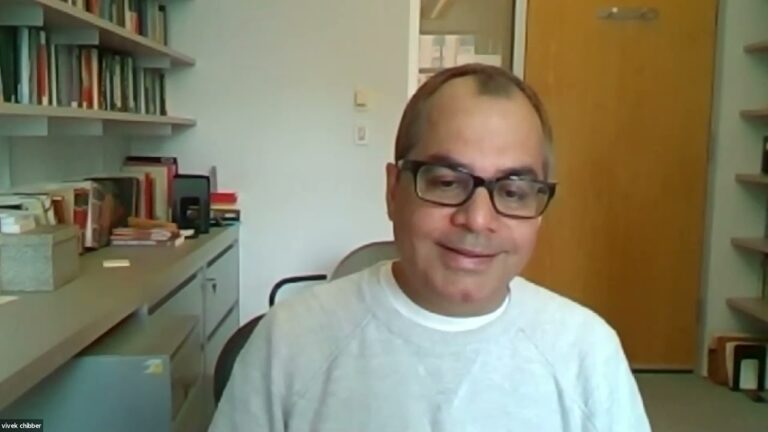
This symposium will explore the political-economic structures underlying the concept of architecture as it developed over the past 50 years. Our disciplinary self-understanding is connected to the slow collapse of welfare-state forms—our idea of ‘radical’ architecture shaped by an ideological shift away from both revolutionary socialism and social-democratic reform. However, the history of the twentieth century shows that large-scale social, economic, and political issues have only been solved through large-scale coordinated responses. We will therefore look at the suppressed historical experience of architecture’s involvement in the vast planning processes of welfare-capitalist and socialist macro-investment efforts.
Contrasting three formations, Radical/Reform/Revolution, this symposium proposes a structural understanding of economic conditions and an engagement with real political agents as the precondition for operative commitment today.
Architecture in the struggle for development
Vivek Chibber, Lukasz Stanek, Will Orr
The discipline of architecture has played a complex and ambiguous role in larger global colonial, postcolonial, and neo-colonial, dynamics. The third session will maintain the focus on political economy, examining how architecture has been and continues to be implicated in interconnected processes of political liberation, economic development, and cultural expression—as well as antagonistic processes of underdevelopment and domination.
Speakers:
Vivek Chibber is a professor of sociology at New York University. He is the editor of Catalyst: A Journal of Theory and Strategy, and the author of Postcolonial Theory and the Specter of Capital (2013) and Locked in Place: State-Building and Late Industrialization in India (2003).
Łukasz Stanek is an architectural historian at the Manchester School of Architecture, The University of Manchester, UK. Stanek authored Henri Lefebvre on Space: Architecture, Urban Research, and the Production of Theory (Minnesota, 2011) and Architecture in Global Socialism: Eastern Europe, West Africa, and the Middle East in the Cold War (Princeton, 2020).
Will Orr is a British-Canadian theorist and historian based in London. In 2019, he completed a PhD at the AA, where he teaches in the history and theory programme. Using an historical materialist framework, his research examines the interplay between political and architectural theory from the 1960s to the present.
source